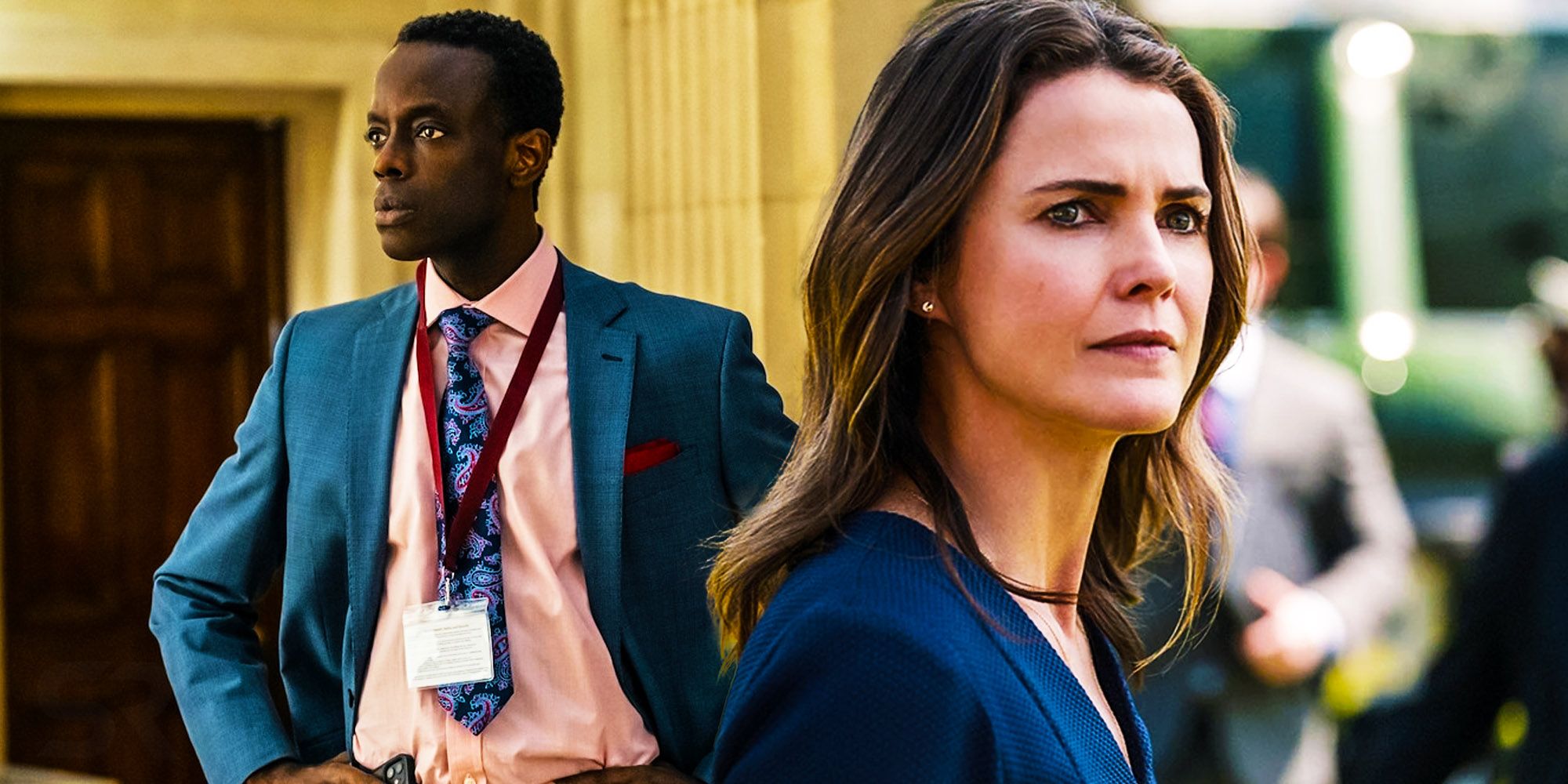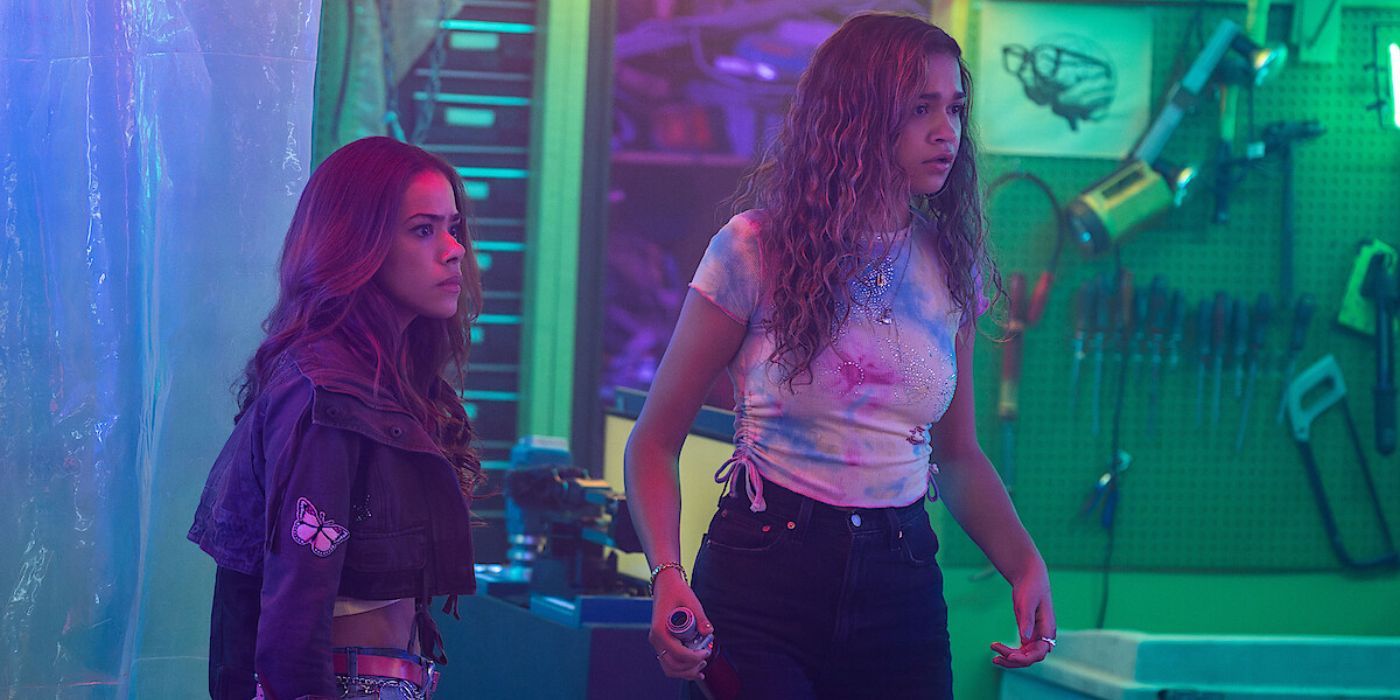There’s a real possibility that Donald Trump sees no distinction between the terms “strongman” and “strong man”. At the presidential debate last month, Kamala Harris said world leaders were “laughing” at Trump. In response, Trump brought up his endorsement from the autocratic Hungarian prime minister, Viktor Orbán: “One of the most respected men – they call him a strong man. He’s a tough person, smart.”
Two months before that debate, the Republican national convention played host to a strong man – or, at least, to a man who exemplified a certain 80s-kitsch version of strength. Hulk Hogan, the former standard-bearer of the then World Wrestling Federation (WWF), rose to fame as a human cartoon character, a pumped-up avatar for American determination and supremacy. During his time in the spotlight, Hogan did battle against stereotypes of America’s enemies – the proudly Iranian Iron Sheik, the proudly Russian Nikolai Volkoff and Sgt Slaughter, a former US marine who had turned against his own country to sympathise with Saddam Hussein. On this night, Hulk Hogan was at the RNC to throw his support behind the third presidential campaign of Trump, a figure who has tapped into a potent vein of nostalgia for a mythologised 1980s, an era characterised by muscular action movie heroes, wrestlers, and unapologetic displays of machismo.
Donald Trump and Hulk Hogan had already crossed paths at least once. This was back in Trump’s 80s real estate heyday, long before he entered politics – the Trump era captured in the new biopic The Apprentice. In 1989, Atlantic City’s Trump Plaza played host to WrestleMania V, the second straight WrestleMania event to take place in Trump’s gilded gambling temple. As Trump watched from the front row, Hogan defeated his former tag team partner “Macho Man” Randy Savage to win the WWF (now WWE) Championship. At the RNC, Hogan flashed back to that moment: “I was bleeding like a pig, and I won the world title right in front of Donald J Trump! And you know something? He’s gonna win in November, and we’re all gonna be champions again when he wins!”
Hulk Hogan has been playing some version of that character for decades. When he breaks character, bad things emerge, like the leaked 2007 video of him spouting racial slurs while in bed with a friend’s wife. But Hogan has always found an audience for his DayGlo 80s persona, and that’s what he brought to the stage at the RNC. Hogan pulled out all the stops. He walked out to Real American, his old theme song. He reeled off his catchphrases. He ripped open one T-shirt – the one that showed his shirtless younger self waving an American flag – to reveal the Trump-Vance campaign shirt underneath.
A few days before Hogan’s speech at the RNC, someone tried to shoot Trump. A would-be assassin fired at him, killing one supporter and critically injuring two others. In a performance worthy of prime Hulk Hogan, Trump stood before his crowd in the immediate aftermath, shaking his fist and screaming. The image – blood splashed across Trump’s face, secret service agents huddled all around him, American flag blowing behind – was the kind of thing that could have been on Hogan’s T-shirt. Indeed, bootleg shirts of post-shooting Trump immediately proliferated at America’s beach town boardwalk stands.
That simplified image of strongman heroism has long attracted Trump. In a 1997 New Yorker profile, the writer Mark Singer depicts Trump flying to his Mar-a-Lago estate on his own 727 aircraft, with solid fixtures. (Ghislaine Maxwell, later convicted of child sex trafficking, was one of the passengers.) En route, Trump tries to watch Michael, the 1996 Norah Ephron film where John Travolta plays an angel descended to Earth. But Trump gets bored, so he switches over to a VHS copy of the 1988 Jean-Claude Van Damme vehicle Bloodsport. Trump’s son Eric, then 13, gets the important job of fast-forwarding past the exposition, straight to the fight scenes. (This, by the way, is a perfectly valid way to watch Bloodsport, and Trump isn’t wrong when he calls it “an incredible, fantastic movie”.)

Bloodsport is a glowing example of the same kind of hyper-aggressive, muscle-bulging masculinity that thrived in 80s action cinema. Van Damme plays Frank Dux, a US army captain who wins the Kumite, a secret, illegal fighting tournament. The film was based on stories told by the real Frank Dux, which were discredited as soon as the movie came out. But it didn’t matter that the Bloodsport narrative was made up. Sometimes, truth can’t get in the way of a satisfying story about an American who outlasts his competition through sheer force of will. In Bloodsport, Frank Dux is a strong man.
after newsletter promotion
The action movies of the 80s and 90s revolved around a few brand-name stars who trumpeted American strength by taking on enemies, foreign and domestic. Some of those stars, like Van Damme and Arnold Schwarzenegger, weren’t born in the US, but the scripts rarely bothered to explain away their accents. Most of the heroes were as jacked as Hulk Hogan, who also flirted with Hollywood, throwing Sylvester Stallone around in a Rocky III cameo and starring in a few of his own low-budget vehicles. Those action films told simple, primal stories, and they played into a myth of American exceptionalism. Trump, an effete New York real estate mogul whose divorces and financial struggles were prime tabloid bait in the 80s and 90s, makes an odd avatar for that kind of phantasmagorically bloodthirsty imagery, but he’s been delighted to step into the role.
For decades, the American presidency has catered to the country’s self-image in ways that intersect with Hollywood. John F Kennedy palled around with movie stars while projecting the same charm as screen heroes. Ronald Reagan was a movie star, and he knew how to ride a horse, wear sunglasses, and reference the right Rambo and Dirty Harry quotes at the right moments. Trump became a celebrity long before he got into politics, and he’s got a handful of cameo credits, generally in 90s family comedies like Home Alone 2 and The Little Rascals. Starting in 2004, Trump found new fame as the host of The Apprentice, the reality show where people competed to show their mastery of salesmanship. Trump himself represented the peak of that journey, the epitome of luxury and success that the contestants chased – a different kind of action hero.
As late-cold war vascular action epics faded from blockbuster dominance, other parts of American culture became vehicles for the kind of triumphal masculine dominance those films once represented. While The Apprentice worked its magic on Trump’s public perception, rappers such as 50 Cent portrayed themselves as real-life action heroes. Trump was a popular name to drop on rap records for decades. He steered into that, making a cameo on a 1998 Method Man album and hanging out on 50 Cent’s G-Unit Radio in 2006. He also returned to the wrestling world.

In 2007, Trump took part in WrestleMania 23, with Trump and WWE chairman Vince McMahon choosing wrestlers to act as their avatars. In the “battle of the billionaires”, Trump’s champion Bobby Lashley defeated McMahon’s man Umaga, and Trump himself clotheslined McMahon when he tried to interfere in the match. In the aftermath, Trump and Lashley shaved the head of a sobbing McMahon, but the match’s enduring image is Trump punching the air – a post strikingly similar to the one that he struck after the Pennsylvania shooting.
Trump made his name as a political entity by disputing the citizenship of then-president Barack Obama, then casting himself as the hero who would unmask the forces secretly arrayed against America. When he first ran for the presidency, in 2016, Trump won the endorsements of Van Damme and Steven Seagal. As president, Trump welcomed Stallone to the White House while granting a ceremonial pardon to the late boxing champion Jack Johnson. The one 80s action star who remained firmly anti-Trump was Schwarzenegger, who replaced Trump as the host of the rebooted Apprentice. When the Schwarzenegger-hosted version failed to catch on, Trump publicly gloated.
All of the figures in Trump’s orbit, from action stars to rappers, are working to help him bolster his image as a man of action, a strong man. That’s the Donald Trump that his campaign presents to the world. In the NFT trading cards that Trump has been selling at high prices to supporters, his own cartoonishly chiseled CGI visage juts his chin and flexes his muscles; it’s almost a fever-dream AI image of Trump’s strongman self-image.
In real life, Donald Trump may be an egocentric businessman with multiple felony convictions, but he’s still crafting an image of himself as the ultimate crusader who won’t stop until his enemies – who also happen to be America’s enemies – have been vanquished. In that formulation, he’s the fantastical dream of the 80s made flesh, a version of Hulk Hogan competing in an entirely different arena. Soon enough, we’ll find out if the American voters will buy that strong-man strongman act.

 2 weeks ago
4
2 weeks ago
4



:quality(85):upscale()/2024/10/29/625/n/1922564/ec222ac66720ea653c5af3.84880814_.jpg)
:quality(85):upscale()/2024/10/25/846/n/49351082/bfc0fdb3671bef086c3703.42134063_.jpg)
:quality(85):upscale()/2021/07/06/971/n/1922153/7d765d9b60e4d6de38e888.19462749_.png)
:quality(85):upscale()/2024/10/29/957/n/1922441/c62aba6367215ab0493352.74567072_.jpg)
:quality(85):upscale()/2024/10/29/987/n/49351082/3e0e51c1672164bfe300c1.01385001_.jpg)
 English (US) ·
English (US) ·